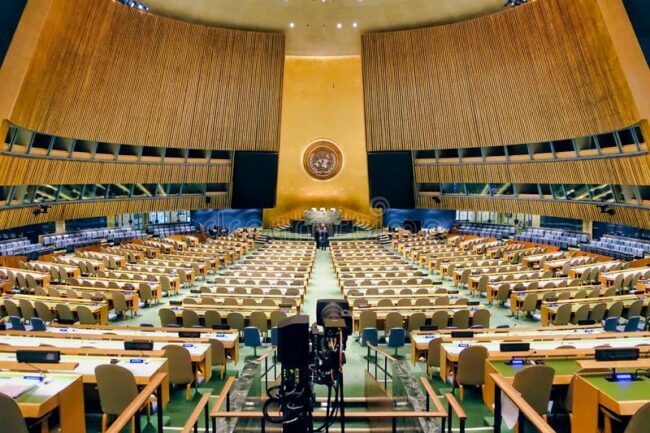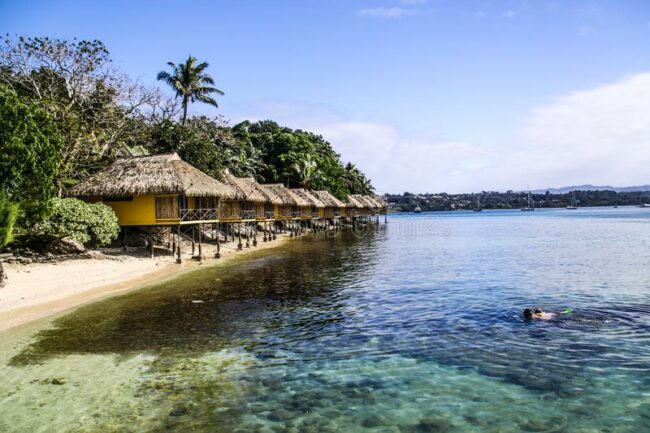Students from the Pacific Islands’ countries gathered together to put forward a petition to the world’s highest court – the UN’s International Court of Justice (ICJ). They aim to urge world leaders to react promptly to climate change and set it as a human right. A change of world policy became a necessity and a matter of life for some nations.
They hope that the envoys of the government of Vanuatu and its allies will ask for the issue to be put to a vote at U.N. General Assembly.

It will be up to Vanuatu and supporting countries to decide how to phrase the request, and what legal question it will ask the court to issue an advisory opinion. As Odo Tevi, Vanuatu’s ambassador to the UN told the media, it is likely the request to focus on states’ obligations to countries vulnerable to climate change and to the well-being of future generations.
A successful vote at the session could result in the assembly referring the appeal to the ICJ in The Hague probably in December. U.N. General Assembly has an annual session in progress in New York.
If the students’ appeal reaches the ICJ, the young activists are aware that an advisory opinion from the court would not be legally binding in any jurisdiction. But – they hope – it could clarify the international law about the responsibilities governments have to their citizens and other countries in relation to climate change.
There is a possibility the ICJ to define climate change as a human rights issue, like religious freedom or the right to education.

The idea to persuade the ICJ to issue an advisory opinion on climate change emerged in a law school conversation at the University of the South Pacific. The students wrote letters to law scholars, officials of the affected countries, and environmental advocates asking for support for their campaign. The result was beyond expectations.
This is not the first attempt to reach the same goal. A similar appeal had been tried before by Palau’s government in 2012.

